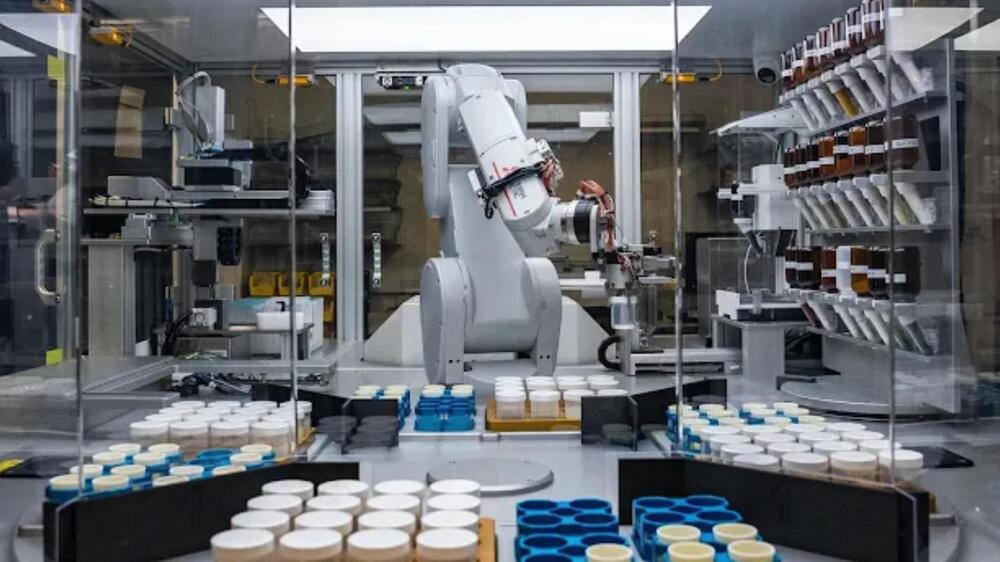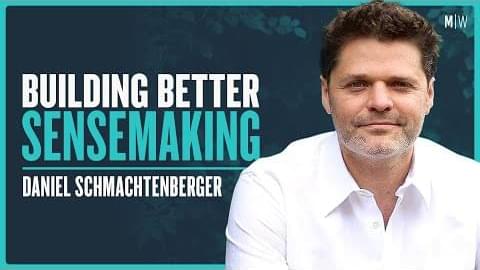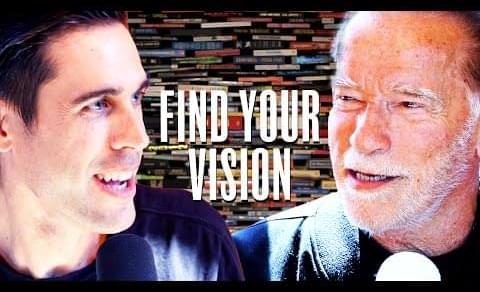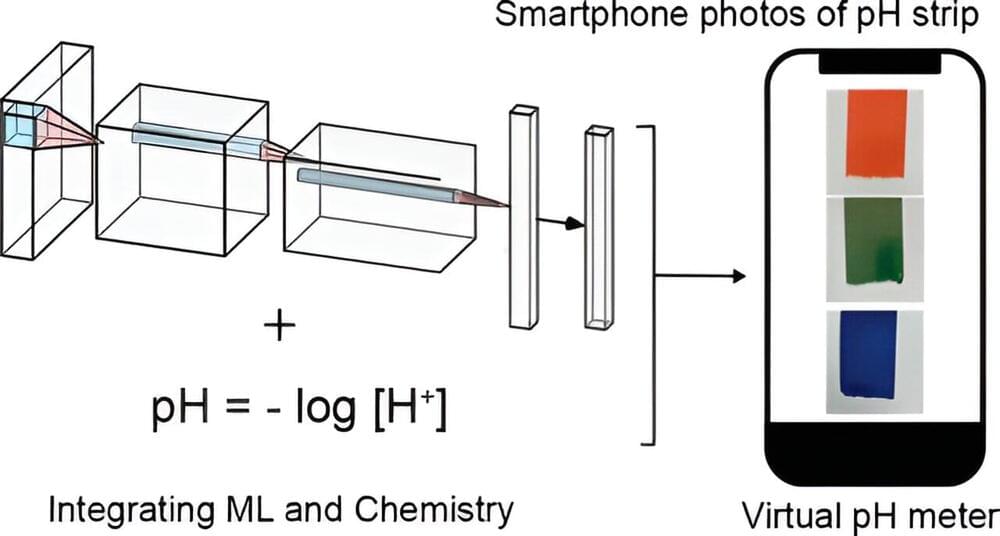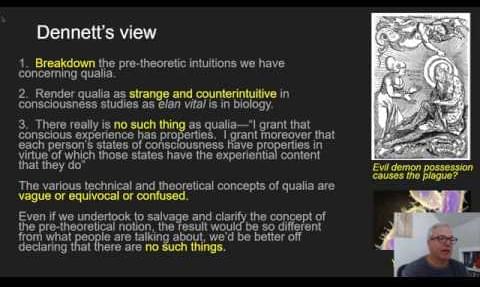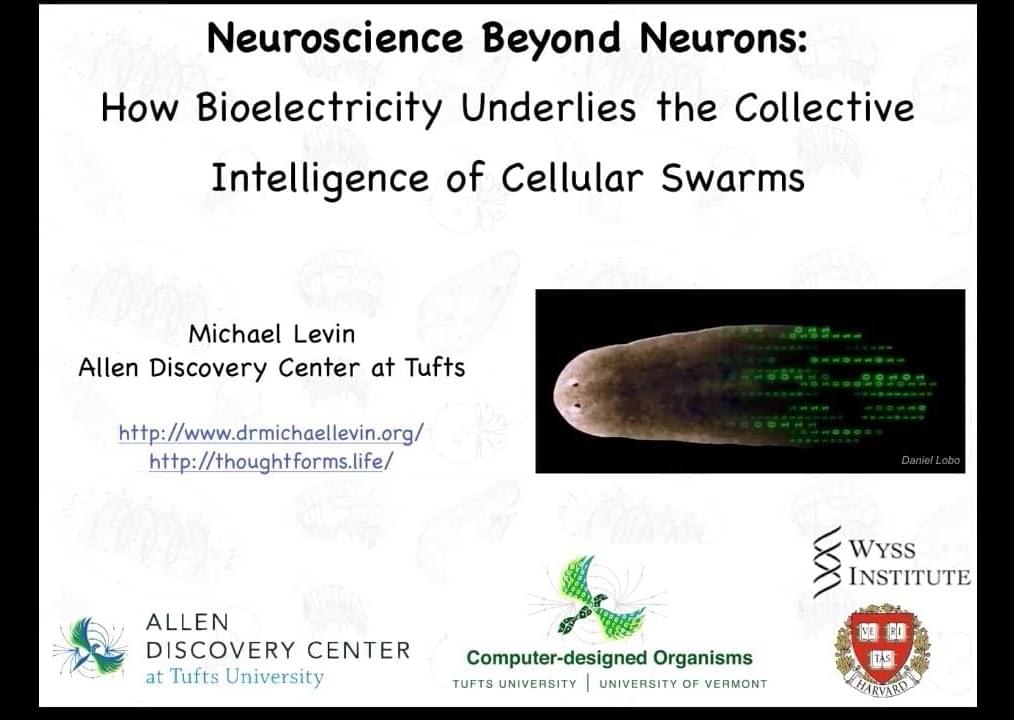Dec 8, 2023
Deepmind AI tool catapults materials science 800 years into the future
Posted by Chris Smedley in categories: robotics/AI, science
Prepare for a radical acceleration in technological development. A Google Deepmind AI has achieved “an order-of-magnitude expansion in stable materials known to humanity,” finding about 800 years’ worth of new materials with revolutionary potential.
The discovery of new materials with unusual properties can start technological snowballs rolling that eventually push society in new directions – but up to this point, it’s been a painstakingly slow process involving a lot of trial-and-error experimentation.
Inorganic crystal materials, for example, may show enormous promise once you first synthesize them, but all this potential could lead nowhere if the crystals don’t remain stable; it’s no good discovering that a new crystal could improve the performance of batteries or electronics if it’s going to fall apart and degrade.
